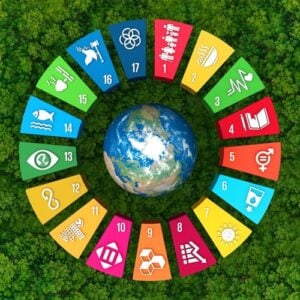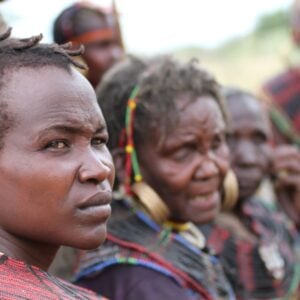On the third day of the United Nations General Assembly’s high-level debate, African leaders delivered a unified call for meaningful reform of the UN and a reshaping of the global order to ensure fairness, equity, and proper representation for all nations. They emphasized the urgency of reform in the face of a polycrisis marked by conflicts, climate disasters, debt burdens, and disregard for international norms, stressing that without systemic change, the UN risks losing relevance and failing the peoples it serves.
Leaders highlighted Africa’s lived realities, including fragile economies, recurring droughts, limited opportunities for youthful populations, and an enduring imbalance of power in international institutions. President Umaro Sissoco Embaló of Guinea-Bissau underscored the UN’s role as a forum where all nations should speak as equals, calling for expansion and democratization of the Security Council to give the Global South a genuine voice in decision-making.
Vice President Muhammed Jallow of the Gambia emphasized inclusive development, peace, and respect for fundamental freedoms, urging international partnerships that enhance resilience in food security, infrastructure, and the implementation of Sustainable Development Goals. He also highlighted the Security Council’s responsibility in addressing unrest in Africa and globally.
Ethiopia’s President Taye Atskeselassie Amde called for a comprehensive approach to justice, warning that systemic issues such as selectivity, double standards, debt pressures, and Africa’s exclusion from key decision-making hinder peace and development. He advocated for debt cancellation and full African participation in global governance.
Vice President Josephine Joseph Lagu of South Sudan spoke about the challenges faced by young nations recovering from conflict, emphasizing the need for African-led solutions and international support for peace, humanitarian relief, and institutional consolidation. She stressed that collective action is essential for national and global stability.
President Duma Gideon Boko of Botswana highlighted both the opportunities and vulnerabilities of African nations, using Botswana’s experience of leveraging diamond wealth for development as an example. He warned that climate change is an immediate threat for semi-arid countries and called for UN reform, including a permanent Security Council seat for Africa, asserting that the continent’s voice must be heard to make the UN truly universal.
Overall, African leaders presented a compelling case that UN reform, equitable representation, and strengthened global partnerships are essential to address persistent inequalities, safeguard peace, and enable sustainable development across the continent.







